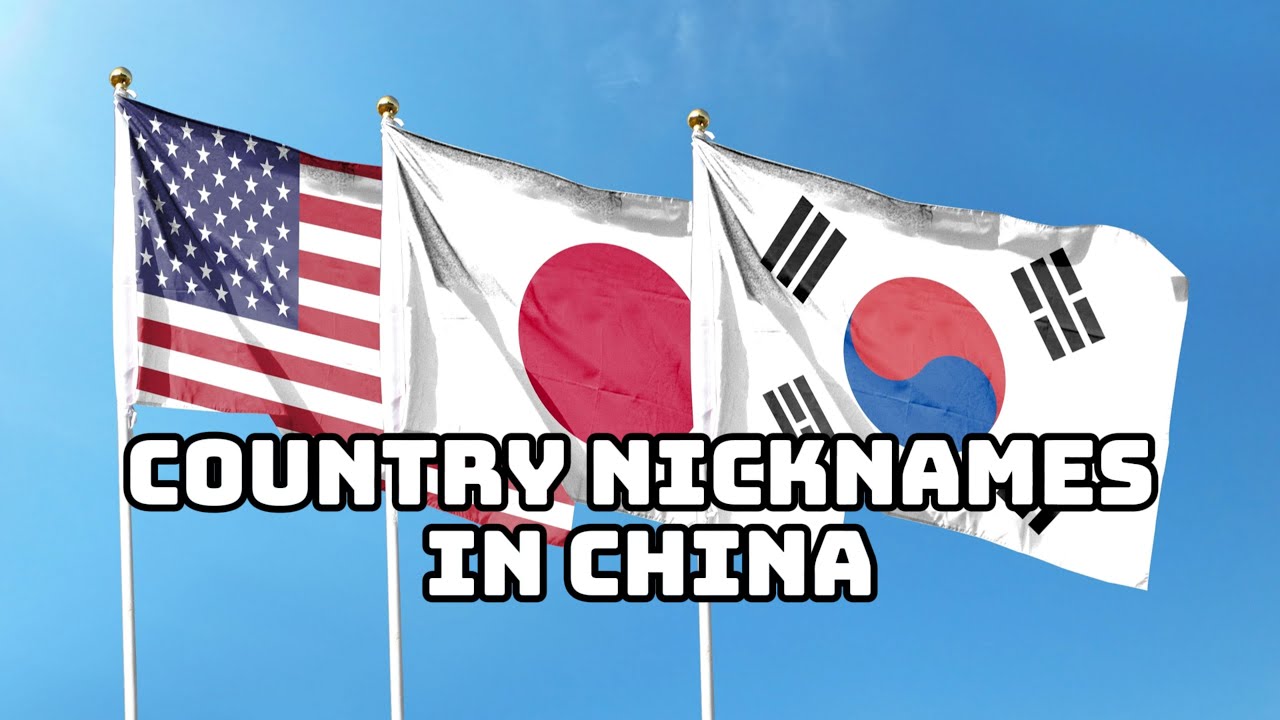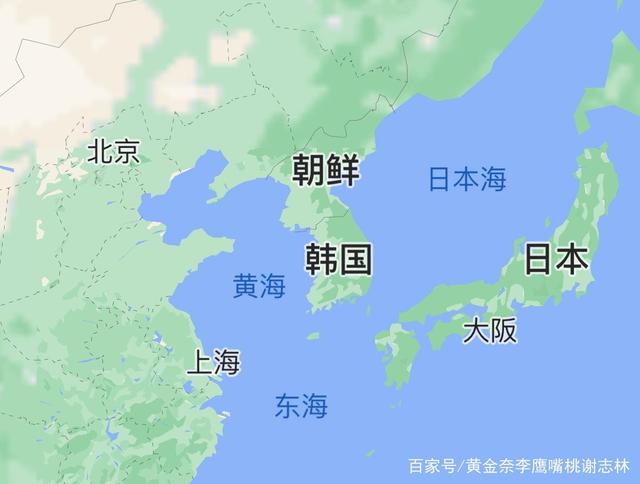China’s Online Environment and the Phenomenon of Nicknaming Other Countries
China is one of the countries with less racial discrimination and prejudice. Foreigners traveling to China are typically met with warm hospitality. However, online, the absence of Western-style political correctness leads to a diverse range of opinions. Chinese netizens enjoy coining nicknames for other countries, often infusing these with their prejudices. With over a billion internet users in China, a significant portion are “keyboard warriors.”
Nicknames for the United States and Related Background
The United States is a country that evokes complex emotions among Chinese people. In the past, “America” (美国, Měiguó) literally meant “beautiful country” in Chinese and was once seen as a trustworthy ally, partly due to its assistance to China during World War II. However, after the Chinese Communist Party took power, the U.S. was long considered China’s primary ideological enemy, leading to epithets like “American Devil” (Měiguǐzi) and “American Imperialism” (Měidìguózhǔyì), especially after direct confrontation in the Korean War.
Following the reform and opening-up period, the U.S. became a target for China to learn from and catch up with. Netizens still use “American Imperialism,” but often with a joking undertone. As China’s national strength grew and Sino-U.S. relations became tense, a new generation of netizens coined nicknames like “Pretty Country” (Piàoliàngguó) and “Big Pretty” (Dàpiàoliàng). These terms subtly imply that while America appears glamorous on the surface, it is ugly underneath, satirizing its hypocrisy.
Despite this, a large number of “Meifen” (literally “America fans,” a term for those who admire the U.S.) still identify with America. They refer to CCP supporters as “Pinkies” (Fěnhóng) or “Fifty-centers” (Wǔmáo). However, neither of these groups represents the social mainstream. Mainstream netizens acknowledge America’s strengths and view the Sino-U.S. dispute as a conflict of national interests, hoping to surpass the U.S. through competition.
Nicknames for Japan and Related Background
Japan is the country most disliked by Chinese “keyboard warriors” due to the severe trauma inflicted on China by multiple wars in modern history, such as the Nanjing Massacre. Nicknames for Japan include “Devil” (Guǐzi), “Dwarf Nation” (Wōguó), and “Little Japan” (Xiǎorìběn). “Devil” describes Japanese people as being as cruel as demons. “Wōguó” is an ancient term for Japan, associated with the Wokou pirates who harassed China’s coast. “Little Japan” stems from the generally shorter stature of Japanese soldiers during WWII and Japan’s smaller land area relative to China, serving as an insulting term.
In reality, while Japanese soldiers in WWII might not have been tall, their physical fitness and equipment were superior; had the U.S. not intervened, China would have struggled to defeat Japan. Japan is not a small country, and Chinese people acknowledge Japanese virtues like self-discipline and diligence. Verbal attacks on Japan are largely an emotional outlet; Chinese people are not truly anti-Japanese. They actively embrace Japanese culture, and Japanese tourists are treated kindly in China. Most Chinese believe that war crimes lie with the Japanese government, not ordinary citizens.
Nicknames for Korea and Related Background
Chinese netizens refer to both North and South Koreans as “Bangs” (Bàngzi), a derogatory term. There are various theories about its origin: one suggests it referred to Korean servants in ancient Chinese armies, another that it came from Koreans using sticks to maintain order and oppress civilians while assisting the Japanese army during WWII.
Chinese people hold negative views of North and South Korea. They believe North Korea is ungrateful to China, and that Kim Jong-un’s family practices hereditary rule and oppresses its people, leading netizens to coin nicknames like “Fatty Kim” (Jīn Pàngzi) for the family. They perceive South Korea as arrogant and frequently “stealing” Chinese culture.
However, in reality, Chinese people do not discriminate against Koreans. Korean tourists are welcomed, and the two million Koreans living in China, though aware of these nicknames, generally do not mind them and even self-deprecate. They enjoy preferential policies and coexist amicably with Han Chinese.

